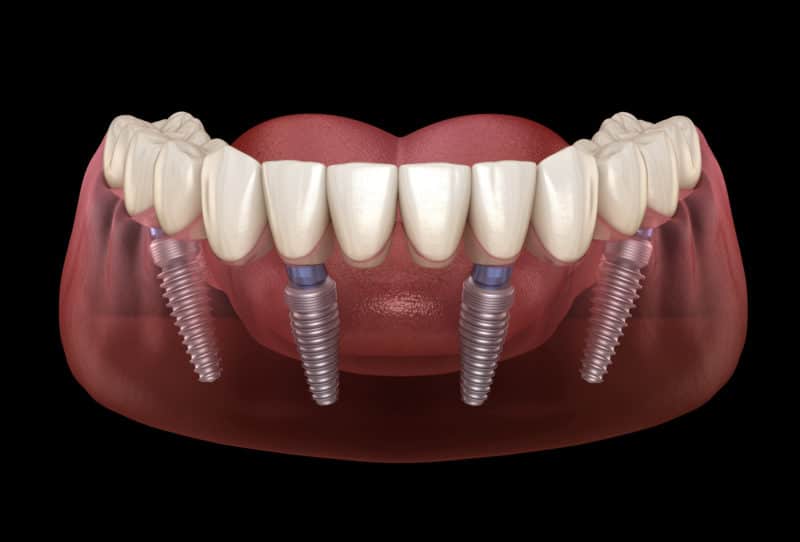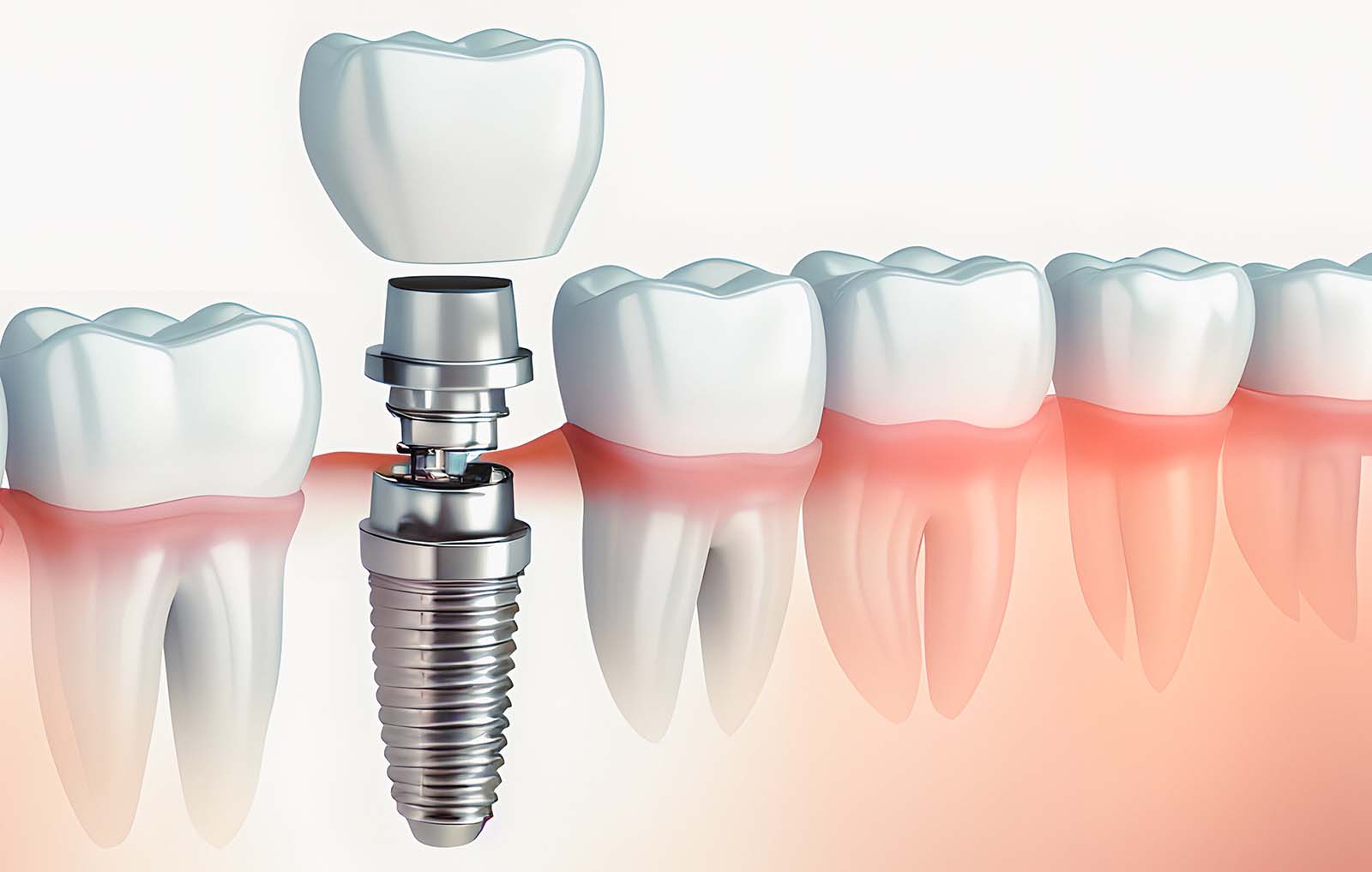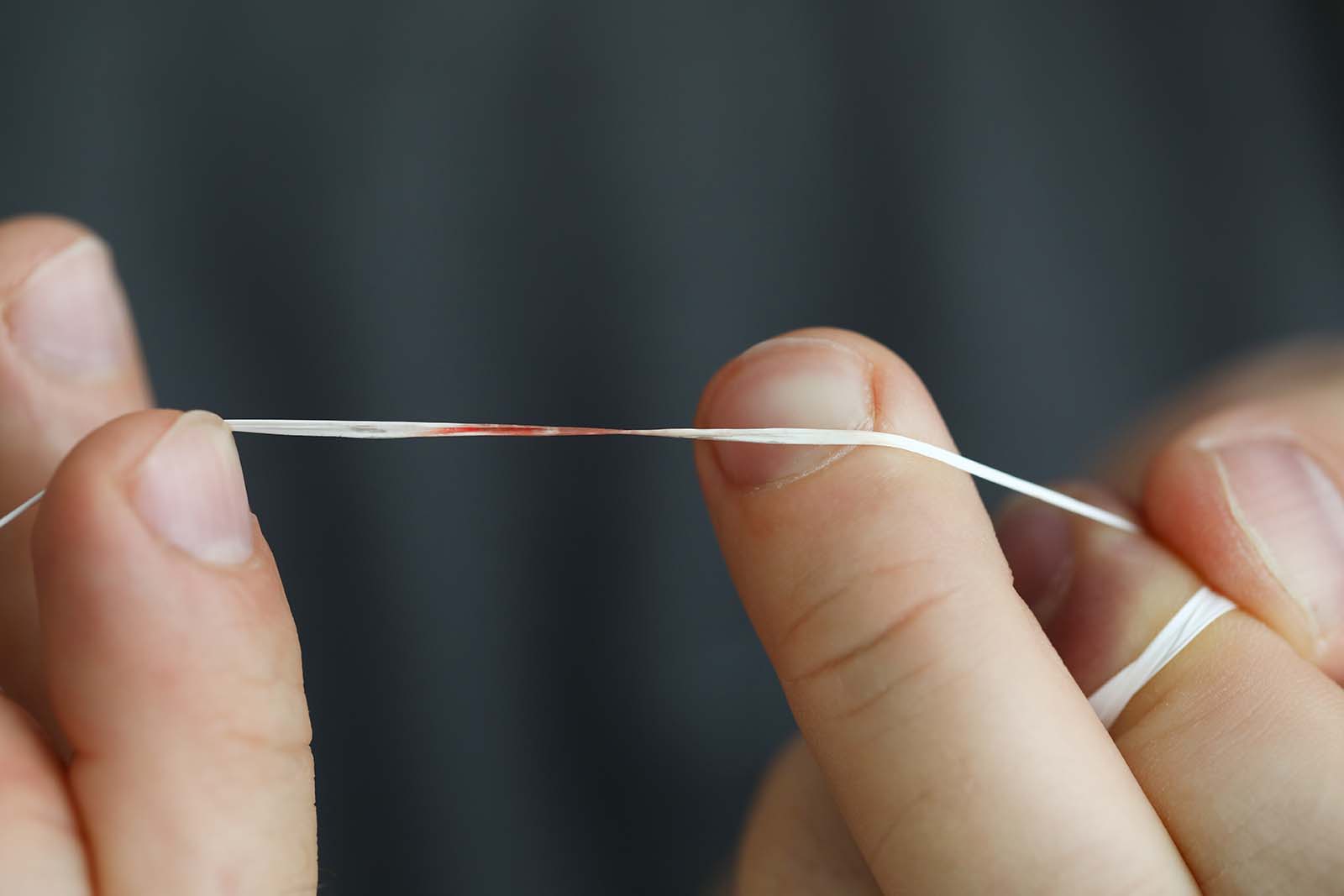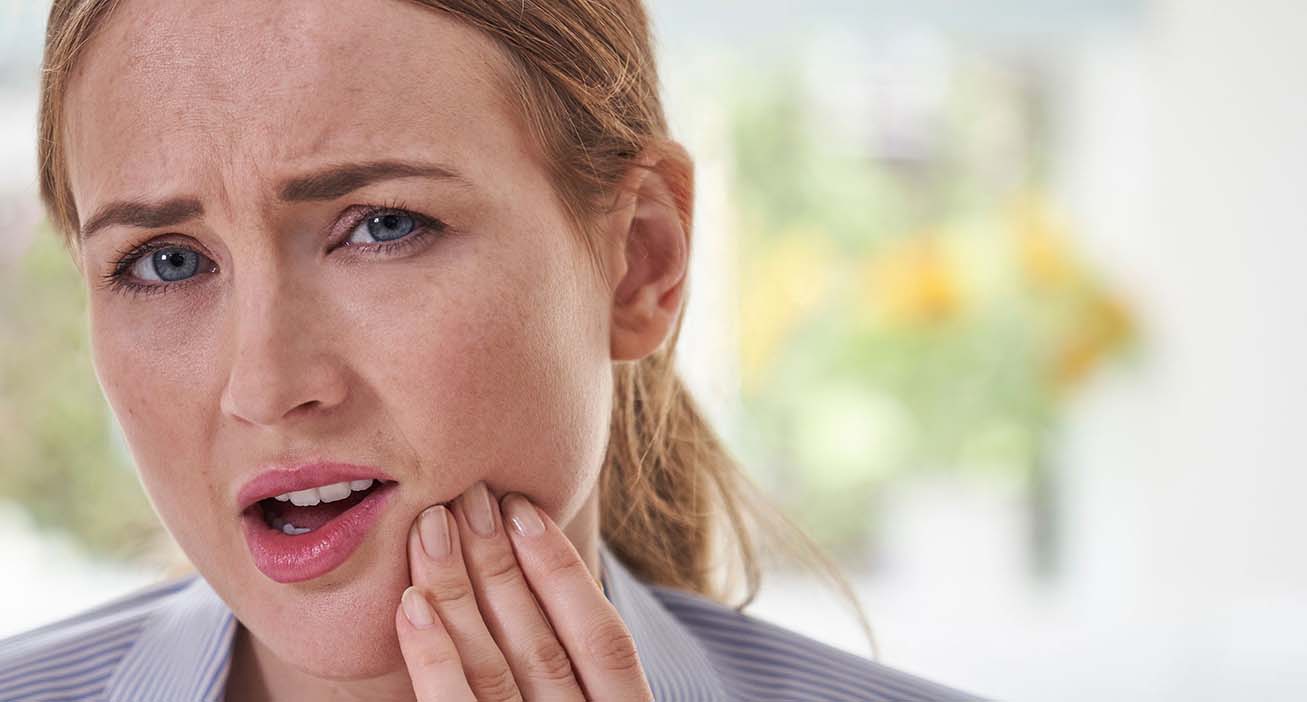Do you experience leeding gums while brushing or flossing? You may ignore it or think the situation is normal. But leeding gums signifies an underlying problem.
Factors such as injury, harsh brushing, infections, and pregnancy may be factors to leeding gums. Gingivitis might cause swelling, pain, and redness; it may also indicate gum ailment, for instance, periodontitis or gingivitis. This disease might occur from the removal of improper plaque. Let’s get to know what leeding gums is and what causes gums to bleed.
What Is Bleeding Gums?
Constant leeding gums is a common indication of gum disease. However, it can also be a sign of other health problems.
Accidental leeding gums can be caused by teeth hard brush or use dentures that do not fit well. Regular bleeding from the gums might also indicate severe conditions; for example
Vitamin insufficiency
Platelets
Periodontitis
Leukemia (blood cancer)
Dental Reasons for Bleeding Gums
Dental care problems are the main root of leeding gums. Periodontitis and gingivitis make the gums prone to bleeding and sensitivity.
Gingivitis
As the plaque remains on the gum lines for a long time, most individuals develop gingivitis. Plaques are the bacteria and dirt that stick to once teeth. Cleaning your teeth takes out plaque and hence preventing gum disease. However, plaque can remain on the gum line if you do not floss and brush well. If not removed, plaque can harden into calcification (tartar), which leads to increased bleeding. Gingivitis may also be caused by the building up of plaque near your gums.
Gingivitis symptoms include:
Leeding gums
Swollen gums
Painful mouth and around the gums
Periodontitis
Gum disease (periodontitis) might occur when advanced gingivitis develops. Gum disease is an infection of the jaw, gums, and supportive tissues connecting the gums and the teeth. Periodontitis may cause loosening or loss of tooth.
Vitamin Deficiency
Lack of vitamin C and vitamin K can make the gums bleed easily. Have your doctor monitor your vitamins C and K levels if you suffer from leeding gums that are not improper dental care related. Also, eat a diet that contains the two nutrients to make sure you are acquiring the vitamins needed to keep you healthy.
Other Bleeding Gums Causes
Other reasons for bleeding gums may be due to implants. People who wear dental implants in Los Angeles may occasionally experience bloody teeth. The condition is more likely to happen when the implants are fitted tightly.
Talk to a dentist or the best periodontist in Los Angeles when other oral appliances or implants cause gums bleeding for no reason. To create a better fitting nozzle, it might be necessary for new impressions.
Pregnancy often causes gums bleeding for no reason. Hormonal changes during pregnancy may make the gums extra sensitive. Bleeding disorders, such as leukemia and hemophilia, might amplify leeding gums risks. If you take blood thinners may bleed more. Medicines in this category include heparin, aspirin, and warfarin.
Bleeding Gums Treatment
Here is what to do for bleeding gums.
1. Practice Dental Hygiene
Bloody teeth can be an indication of poor oral hygiene. The gums become swollen and bleed when dental plaque forms up near the gum line. Dental plaque refers to a sticky layer that contains bacteria that coat your gums and teeth. If you do not floss or brush your teeth, bacteria may spread and result in gum disease or tooth decay. To improve dental hygiene, brush the teeth no less than two times a day and floss daily.
2. Rinse the Mouth Using Hydrogen Peroxide
You can have hydrogen peroxide readily available for disinfectant purposes. Hydrogen peroxide can also eliminate plaque, improve gum health, and halt leeding gums. In case your gums are bleeding, rinse the mouth using hydrogen peroxide once you brush, but do not swallow the liquid.
3. Stop Smoking
Besides an increased risk of heart disease, lung cancer, and stroke, smoking is associated with leeding gums. Smoking is one of the leading causes of acute gum disease in the US. Smoking can weaken your immune system, making it difficult for you to fight plaque. This can result in leeding gums. Stopping smoking can assist gums to heal and halt bleeding. Talk to Dr. Delaram Hanookai about the finest way to assist you to stop smoking.
4. Reducing the Level of Stress
Emotional stress can harm your immunity. This can weaken the body’s immunities to the point that it cannot fight gingivitis. It’s thought that emotional stress can also cause people to neglect oral health, contributing to plaque buildup.
5. Increase Your Vitamin C Intake
Consuming foods with Vitamin C may strengthen the immune system and fight gingivitis that causes leeding gums. Equally, not getting adequate vitamin C can make bleeding worse if you already have gum disease. Vitamin C insufficiency can also result in gums randomly bleeding, even if you observe good dental habits.
Foods with vitamin C comprises the following.
· Sweet potato
· Orange
· Carrots
· Red pepper
6. Increase Your Vitamin K Intake
Consuming vitamin K supplements can reduce bleeding gum. Vitamin K is a key nutrient because it assists the blood to clot. A shortage can result in gums randomly bleeding.
Sources of vitamin K comprises the following.
· Collard greens
· Spinach
· Mustard greens
· Kales
7. Apply an Icy Compress
A cold compress on the gum line can minimize swelling and limit blood flow to halt bleeding. Apply a cold towel or an ice pack to your gums a few times a day for 20 minutes off and 20 minutes on.
8. Eat Fewer Carbohydrates
Reducing carbohydrate intake can stop leeding gums and enhance gum health. Sugary and carbohydrates foods stimulate the growth of bacteria and plaque. The more dental plaque builds up on the gums, the higher the chances of developing leeding gums.
9. Take Green Tea
Consuming green tea once a day can reverse gum disease and halt leeding gums. The green tea has catechins, which are a natural antioxidant that can reduce the body’s response to microbes in the mouth.
10. Rinse the Mouth Using Salty Water
Since bacteria and infections in the mouth cause gum disease, habitually rinsing the mouth with a mix of warm water and salt can also stop leeding gums and reduce bacteria.
What Happens If You Don’t Treat Gum Disease?
If gingivitis is left untreated, they will progress to periodontitis, a more serious gum disease stage. The pockets and infection deepen when you swallow food in your jaw until the teeth fall out and loosen. As gum infection progresses, they begin to separate or recede from the jaws and teeth and create periodontal pockets. This may result in changes in itchiness and pain when biting or chewing.
Cost of Gum Disease Treatment in Los Angeles
Leeding gums might occur even if you had dental implants. This is recognized as periimplantitis. The cost of dressing and root peel ranges from $275 to $450. The average cost of periodontal laser treatment can range from $350 to $650 per dental implants in Los Angeles. For multiple, the total price can be as low as $2,800. The price of post-treatment maintenance and severe treatment is largely the same as for normal teeth.
Contact the Best Periodontist in Los Angeles
While constant bleeding gums are the common symptom of oral problems, other problems can be the cause. Make an appointment with Dr. Delaram Hanookai in Los Angeles to determine if dental health is the number one problem causing gum bleeding. A physical exam and blood test can help figure out the bleeding gums causes. Bleeding gums treatment will vary based on your condition.












